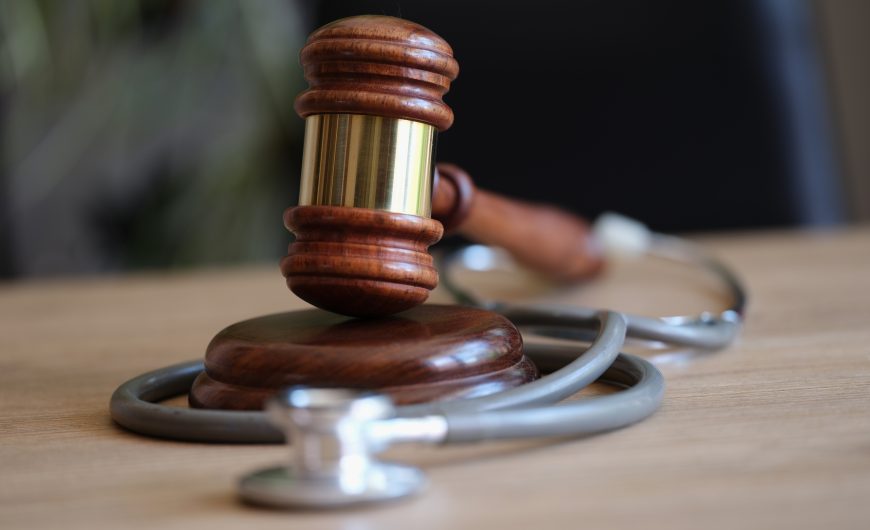
If you’ve been injured as a result of someone else’s negligence, the road to securing compensation can seem uncertain. While most personal injury cases settle outside of court, some must go to trial to secure the justice and compensation that victims rightfully deserve. At Brydon, Swearengen & England, P.C., we understand how daunting this process may feel, and we’re here to support and guide you. Understanding the factors that influence whether a case goes to trial can help you better prepare for the potential outcomes of your claim.
Key Factors Influencing Whether a Case Proceeds to Trial
Several key factors can influence whether a personal injury case settles through negotiation or is decided in court.
1. Questions of Law
One primary reason a case may proceed to trial is the presence of significant questions of law. These questions arise when there’s a legal disagreement about how the law applies to the specifics of a case. For example, liability in a personal injury case could hinge on nuanced interpretations of premises liability laws or negligence statutes. When neither party can agree on how the law defines responsibility, the issue may escalate to trial, where a judge or jury determines the outcome.
2. Setting a Legal Precedent
Certain cases proceed to trial due to their implications beyond the immediate parties involved. These are “precedential” cases in which the court’s ruling could influence how similar cases are decided in the future. For example, a verdict may establish new legal standards or clarify ambiguous areas of the law. While this factor is less common than others, it can be highly impactful for individuals whose claims involve cutting-edge legal issues.
3. Strength of the Evidence
Evidence is the backbone of any personal injury claim. Cases with overwhelming, clear-cut evidence often settle without the need for trial. However, when evidence is limited, conflicting or open to interpretation, a trial may be necessary to resolve the facts and assign liability. For instance, a car accident with minimal witness testimony or no video footage may require the court to determine whose account is more credible.
4. Severity of Injuries
The extent of the injuries sustained is a critical factor. Cases involving serious, life-altering injuries typically involve larger compensation amounts, which insurance companies or responsible parties may be hesitant to pay. This resistance can lead to disputes over the actual costs of lost wages, medical care and pain and suffering. When settlement negotiations fail to reflect the full impact of an injury, going to trial can be the best way to secure fair compensation.
5. Resistance to Negotiate
Negotiations often break down when one party refuses to engage in good faith. If an at-fault party or their insurance company minimizes liability or undervalues the victim’s damages, a settlement becomes unrealistic. For example, if an insurance company offers a lowball settlement that doesn’t cover even basic medical expenses, pursuing a trial might be the only option to achieve justice.
Trust Brydon, Swearengen & England, P.C. for Support
At Brydon, Swearengen & England, P.C., we recognize that navigating a personal injury claim can be difficult, especially when the possibility of a trial looms. Our dedicated attorneys have decades of experience securing justice for clients throughout Missouri. If you or a loved one are facing a personal injury case, we’re here to fight for your rights. Contact us today to schedule your consultation.



